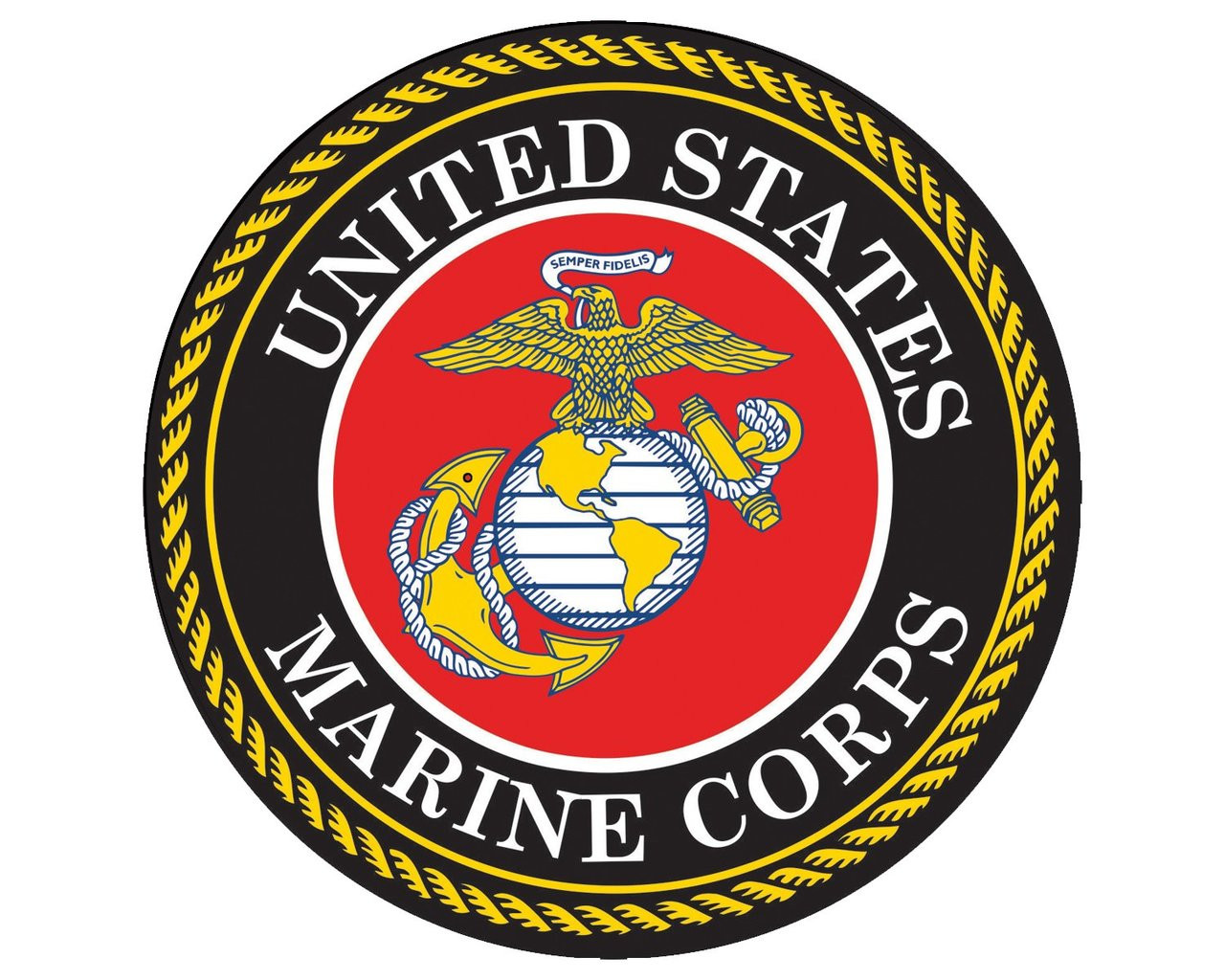Neri v retail marine corp – Neri v. Retail Marine Corp., a groundbreaking case in maritime law, has significantly shaped the legal landscape for maritime personal injury cases. This case established important precedents and clarified key legal issues, impacting admiralty jurisdiction, negligence, and damages in maritime tort cases.
The case involved a tragic incident where a marine worker suffered severe injuries while working on a vessel. The subsequent legal battle highlighted the complexities of maritime law and the need for specialized legal expertise in these cases.
Legal Precedents and Case History: Neri V Retail Marine Corp

The “Neri v. Retail Marine Corp.” case holds immense significance in maritime law, establishing important precedents that have shaped admiralty jurisdiction and the rights of injured maritime workers.
The case centered on a key legal issue: the applicability of the Longshore and Harbor Workers’ Compensation Act (LHWCA) to maritime workers injured on navigable waters. The LHWCA provides compensation benefits to injured workers, but its coverage is limited to certain maritime activities.
Key Issues in the Case
- The court examined the scope of the LHWCA and its applicability to maritime workers injured on navigable waters.
- The court considered the definition of “navigable waters” under the LHWCA and its implications for admiralty jurisdiction.
- The court analyzed the interplay between federal and state laws in regulating maritime injuries and workers’ compensation.
Statutory Framework and Regulations

The maritime industry and personal injury cases within it are governed by a complex framework of statutes and regulations. These laws provide the legal basis for determining liability, compensation, and other legal issues in maritime cases.
The Jones Act
The Jones Act, formally known as the Merchant Marine Act of 1920, is a federal law that provides a remedy for seamen who suffer injuries in the course of their employment. It is based on the concept of negligence and allows injured seamen to recover damages from their employers if the employer’s negligence contributed to the injury.
The Longshore and Harbor Workers’ Compensation Act (LHWCA)
The LHWCA is a federal law that provides compensation benefits to workers who are injured while working on navigable waters. It is a no-fault system, meaning that injured workers are entitled to benefits regardless of who caused the injury. However, the LHWCA does not provide a remedy for seamen who are injured while working on a vessel.
Admiralty Jurisdiction and Maritime Torts

Admiralty jurisdiction refers to the specialized body of law that governs maritime matters, including personal injury cases involving vessels and maritime activities. It is distinct from traditional common law and is based on maritime custom and international treaties.
The “maritime tort” exception to the traditional locality rule allows for admiralty jurisdiction even if the injury occurred outside of navigable waters. This exception applies when the injury is caused by a vessel or maritime activity and has a substantial relationship to traditional maritime activities.
Examples of Maritime Torts
- Negligence in the operation of a vessel
- Collisions between vessels
- Personal injury caused by defective maritime equipment
- Seamen’s injuries
In cases similar to “Neri v. Retail Marine Corp.,” admiralty jurisdiction may be invoked if the injury occurred on a vessel or was caused by a maritime activity, such as a defective boat or negligent operation of a vessel.
Negligence and Comparative Fault
Negligence is the breach of a legal duty that a person has to another. In maritime personal injury cases, negligence can occur when a vessel owner or operator fails to take reasonable steps to prevent injuries to passengers, crew members, or other individuals on the vessel.
Employers may have defenses to negligence claims, such as comparative fault and assumption of risk.
Comparative Fault
Comparative fault is a legal doctrine that allows a defendant to reduce their liability for damages by proving that the plaintiff was also at fault for the accident. In maritime personal injury cases, comparative fault can be used to reduce the amount of damages that a plaintiff is awarded if they are found to have been partially responsible for their own injuries.
Assumption of Risk
Assumption of risk is a legal defense that can be used by a defendant to argue that the plaintiff voluntarily assumed the risk of injury. In maritime personal injury cases, assumption of risk can be used to bar a plaintiff’s claim if they were aware of the risks involved in the activity that led to their injuries and voluntarily chose to participate in that activity.
The Neri v. Retail Marine Corp. case involved a dispute over the sale of a defective boat. The court found that the seller was liable for the buyer’s damages. This case is similar to the case of pet milk by stuart dybek , which also involved a dispute over the sale of a defective product.
In both cases, the courts found that the sellers were liable for the buyers’ damages.
Analysis of Evidence in “Neri v. Retail Marine Corp.”, Neri v retail marine corp
In “Neri v. Retail Marine Corp.,” the plaintiff, Neri, was injured while working on a vessel owned by the defendant, Retail Marine Corp. Neri alleged that Retail Marine Corp. was negligent in failing to provide him with a safe work environment.
Retail Marine Corp. denied negligence and argued that Neri was comparatively at fault for his injuries because he failed to follow safety procedures. The jury found that Retail Marine Corp. was 60% at fault for Neri’s injuries and that Neri was 40% at fault.
Damages and Compensation
In maritime personal injury cases, the types of damages that may be awarded include:
- Economic damages, such as medical expenses, lost wages, and property damage.
- Non-economic damages, such as pain and suffering, emotional distress, and loss of enjoyment of life.
- Punitive damages, which are awarded to punish the defendant for particularly egregious conduct.
The amount of damages awarded is determined by a number of factors, including:
- The severity of the injuries.
- The length of time the plaintiff is unable to work.
- The plaintiff’s pain and suffering.
- The defendant’s conduct.
Expert witnesses often play a role in assessing damages and calculating lost wages. Economists can testify about the plaintiff’s lost earning capacity, while medical experts can testify about the nature and extent of the plaintiff’s injuries.
Trial and Appellate Process

The trial in “Neri v. Retail Marine Corp.” commenced with the selection of a jury, which played a crucial role in determining the outcome of the case. The jury was tasked with evaluating the evidence presented by both sides and reaching a verdict on the liability and damages owed to the plaintiff.
Key Legal Arguments
During the trial, both sides presented their legal arguments to support their respective positions. Neri’s attorney argued that Retail Marine Corp. was negligent in failing to properly maintain the boat, which resulted in her injuries. The defense attorney, on the other hand, contended that Neri was contributorily negligent and assumed the risk of injury by engaging in reckless behavior.
Jury Verdict
After deliberating for several days, the jury returned a verdict in favor of Neri. They found that Retail Marine Corp. was 75% liable for the accident and Neri was 25% contributorily negligent. The jury awarded Neri $1 million in damages for her injuries and lost wages.
Appellate Process
Retail Marine Corp. appealed the verdict, arguing that the jury’s finding of negligence was not supported by the evidence and that the damages awarded were excessive. The appellate court reviewed the trial record and heard arguments from both sides before issuing its decision.
The appellate court upheld the jury’s verdict on liability, finding that there was sufficient evidence to support the jury’s conclusion that Retail Marine Corp. was negligent. However, the court did reduce the damages award, finding that the jury’s award was not supported by the evidence.
Question & Answer Hub
What is the significance of the Neri v. Retail Marine Corp. case?
Neri v. Retail Marine Corp. established important precedents in maritime law, clarifying key legal issues related to admiralty jurisdiction, negligence, and damages in maritime tort cases.
What are the key legal issues involved in the case?
The case involved issues such as the application of the Jones Act, the Longshore and Harbor Workers’ Compensation Act (LHWCA), and the maritime tort exception to the traditional locality rule.
How did the case impact maritime law and admiralty jurisdiction?
The case clarified the scope of admiralty jurisdiction in maritime personal injury cases, expanding the rights of injured maritime workers to seek compensation.